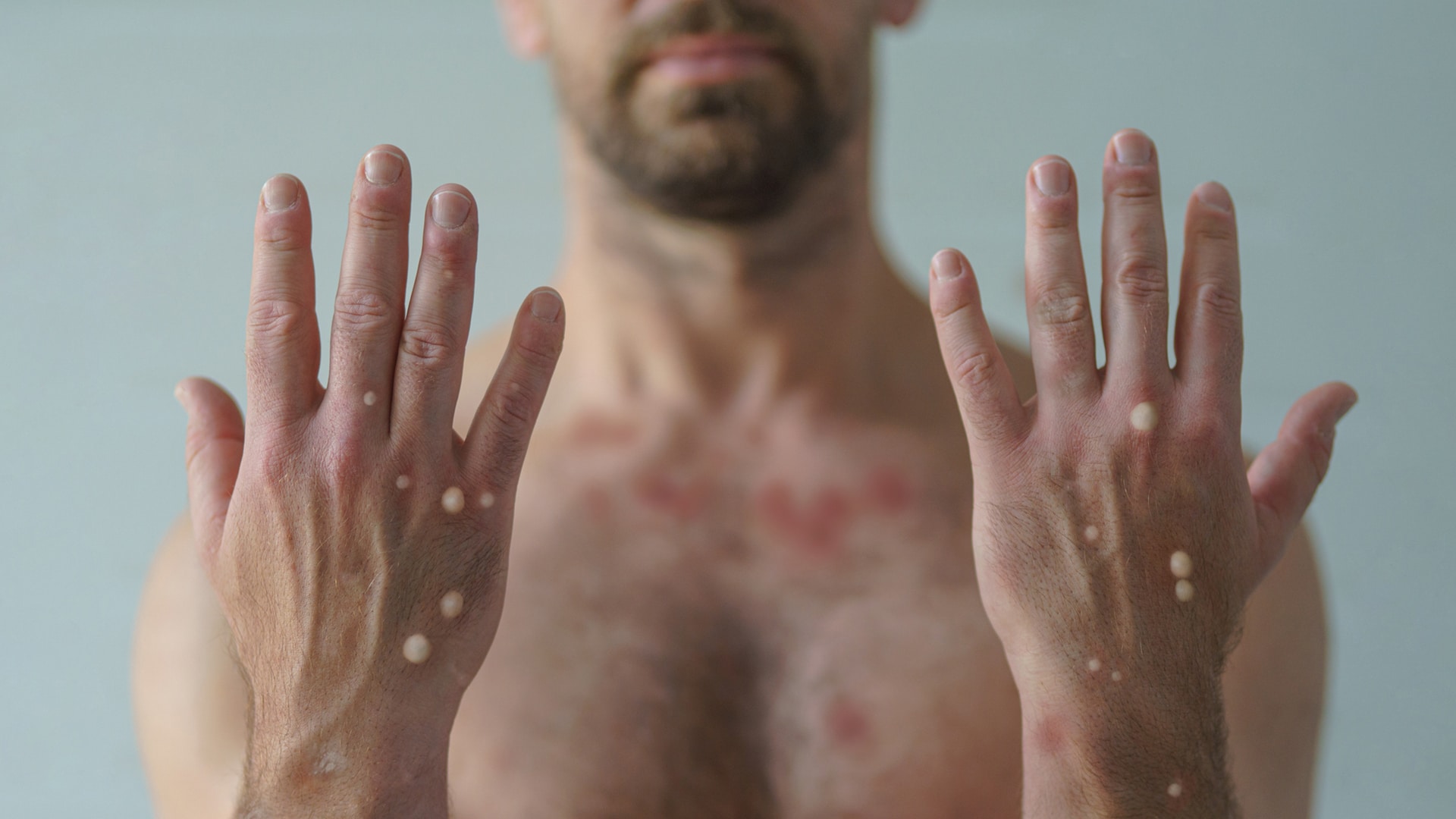ATLANTA, G.A, September 29, 2022 — Stop HIV Atlanta provides sex-positive, no-judgment educational content to Atlantans seeking queer-centric resources. Our breadth of HIV and STI testing resources is expanded through our latest monkeypox newsletter, offering gratuitous and accessible information about the novel outbreak.
Although many may be familiar with the symptoms of monkeypox, the timeline of a monkeypox infection remains unknown to those most vulnerable to the virus. Below, you can find out more about a typical timeline of a monkeypox infection.
Note: While the information below is based on reports provided by reliable resources such as the CDC, please note that a monkeypox infection may manifest uniquely for different folks. Sometimes, people may experience all or only a few symptoms in varying timelines than the ones stated below. If you have any questions or your symptoms worsen, please contact your healthcare provider or your county’s health department for more information.
The Incubation Period: 3-17 Days After Exposure
Exposure occurs through intimate contact with someone who has monkeypox. Often, the main point of contagion is skin-to-skin contact occurring during sex, hugging, kissing, or other forms of intimate contact. Different ways of contracting the virus include sharing porous materials like clothes or bedding, or exposure to respiratory secretions. Monkeypox symptoms typically begin within three weeks of exposure to the virus, usually between 3-17 days.
If you have been notified of potential exposure to the virus, the days after the incubation period are a great time to monitor your body and well-being for emerging symptoms. One of the first signs of a monkeypox infection are flu-like symptoms, including but not limited to fever, chills, exhaustion, sore throat, swollen lymph nodes, and more.
You should consider vaccination if you do not develop monkeypox symptoms after the projected incubation period and were exposed to an active monkeypox case.
The Rash: 1-4 Days After Flu-Like Symptoms
A person with monkeypox will see the first signs of a rash, lesion, or bump about 1-4 days after flu-like symptoms begin. However, some individuals only experience a rash. Monkeypox lesions often occur in areas such as the mouth, hands, anus, and genitals. Do not touch, squeeze, or attempt to pop any new lesions, even if they resemble pimples or blisters.
If you develop lesions, you should immediately contact your healthcare provider or local health department for guidance on getting tested. Before arriving at a testing site or healthcare center, you should inform the place about your symptoms so they can take appropriate measures before your arrival to help you.
Monkeypox Diagnoses: 2-4 Weeks
After being diagnosed with monkeypox, it is essential to isolate until your rashes have healed, the scabs have fallen off, and a fresh layer of skin forms over previous sores. This process usually happens in 2-4 weeks after initial symptoms emerge. If you and a partner decide to isolate together, or you want to participate in any sexual or recreative activities that may lead to monekypox transmission, there are ways to minimize the risk of passing on the virus to others.
Sores across your body will progress through several stages before scabbing and falling off. They can be painful, so it is important to know helpful self-care tips to lessen your discomfort. Additionally, you or your caregiver should know how to properly sanitize common areas to protect yourself and others.
About Stop HIV Atlanta:
Stop HIV Atlanta is a non-profit organization offering educational resources to prevent the propagation of HIV in disproportionately affected communities. We provide inclusive, zero-judgment information and resources to those seeking access to HIV services in Fulton, Gwinnett, DeKalb, and Cobb Counties. The testing, prevention (PrEP), and treatment resources we refer to interested parties are always confidential and secure. Learn more about our mission and services by visiting www.stophivatl.org or emailing us at [email protected].
